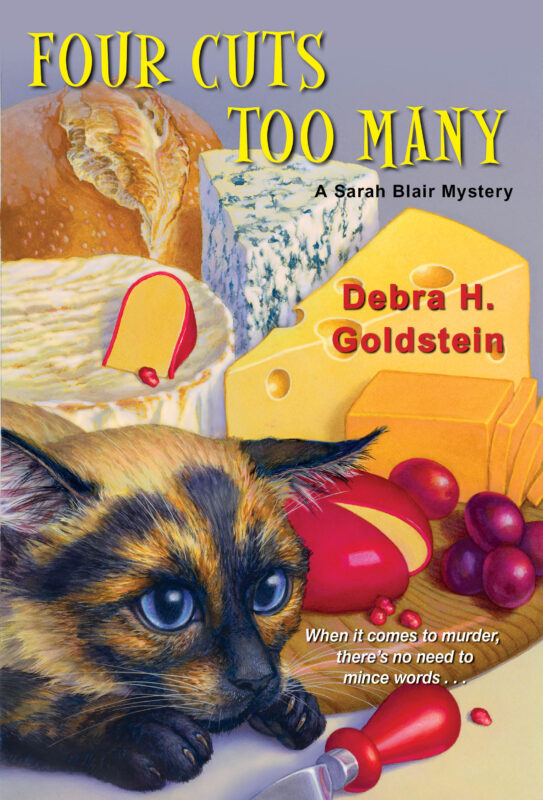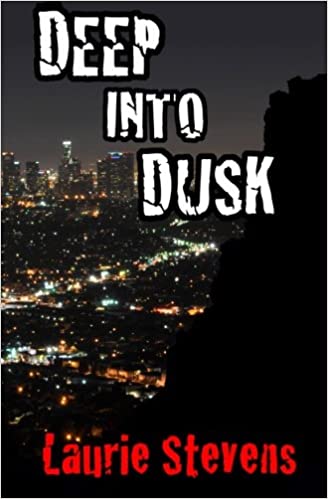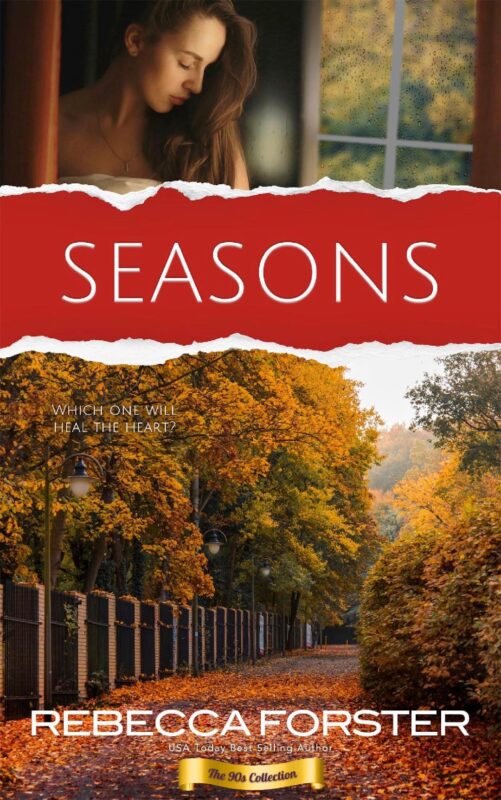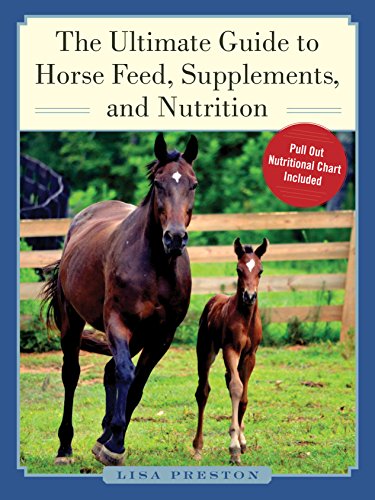Eating–A Writer’s Humanizing Element in Stories Ancient and New
June 13, 2021 by Bethlehem Writers Group in category From a Cabin in the Woods by Members of Bethlehem Writers Group tagged as BWG, Craft, DT Krippene, writing
I remember a National Geographic article from a few years ago, The Joy of Food, by Victoria Pope, offered an interesting observation.
“The sharing of food has always been part of the human story . . . ‘To break bread together’, a phrase as old as the Bible, captures the power of a meal to forge relationships, bury anger, and provoke laughter.”
In creating contemporary fictional scenes, epic fantasy moments, or science fiction settings, food and the act of eating, humanizes a story. Our mouth waters with tantalizing narrative of baked goods and braised stew. Romance tickles when someone gently hand-feeds a morsel of food to a love interest. Intrigue is piqued while supping at the table of a wealthy nineteenth-century Duke. Warmth ebbs in our bones when characters share spit-roasted game around a campfire in the dead of winter. We smile when a normally dysfunctional family banters happily around a holiday feast, setting aside for a moment, that which keeps them apart.
Food can be a defining backdrop with apocalyptic and dystopian fiction. Driven back to our hunter-gatherer forbearers, societies are demoralized with heart-wrenching memories of how abundant food once was. Haves and have-nots when food is scarce, polarize villages, communities, entire nations. Food as common currency is reborn. Suzanne Collins’ Hunger Games trilogy is an excellent example of this. S.M. Stirling’s Dies the Fire serialized life when the power went out—permanently. Christopher Nolen’s movie Interstellar, painted somberness from food-blighted, agrarian collapse.
Food weighs heavily when portraying communal tables, customs, folklore, and regional diversity. George R.R. Martin’s Song of Fire and Ice series is rich with culinary indulgence and subsistence living. Tolkien’s Hobbits are quiet, yet passionate diners. Elves are vegans, and dwarves—well—they’ll eat anything that isn’t green. Robert Jordan’s fourteen book Wheel of Time series has more eating scenes than grains of sand in the Wicked Witch of the West’s hourglass. Vampire feeding is a genre unto itself. Opinions vary on what Zombies find nutritious.
Science fiction poses a stronger challenge with respect to otherworldly beings, especially when writers have to define characteristics of sentient alien life. Babylon 5 was a jewel of multiple alien interactions, all with unique culinary customs. Mary Doria Russell’s The Sparrow did a masterful job of characterizing alien beings by what they shared with pioneering visitors from earth. Hard-core Star Trek fans can cite Klingon fare as if reading from a menu. One of my favorite movies was The Matrix where human “copper-tops” dreamed of real food, but the few humans outside the matrix subsisted on something resembling watery eggs. Has all the body needs, amino acids, proteins . . .” The very sight of it made me gag.
Eating is the ultimate show versus tell enhancer. Here’s one in an old story I wrote that attempts to capture all five senses. A pungent smokiness wafted from the meat offering that resembled a hairless, mummified rat carcass. The skin crackled between her teeth and her eyes watered from its unsalted, campfire bitterness. It was like trying to eat a botched taxidermy job, or an Amazonian shrunken beast stolen from a museum.
A story lacking a good eating scene falls short in illustrating a fundamental anthropological trait, not to mention missing out on a lot of fun writing.
What’s my favorite eating scene? Have to turn the clock back to the 1963 movie adaptation of Henry Fielding’s classic novel set in the British eighteenth-century, The History of Tom Jones, A Foundling, where the handsome Tom and his dining partner wordlessly consume an enormous meal while lustfully gazing at each other.
That’s what I call eating.

A native of Wisconsin and Connecticut, DT Krippene deserted aspirations of being a biologist to live the corporate dream and raise a family. After six homes, a ten-year stint in Asia, and an imagination that never slept, his annoying muse refuses to be hobbled as a mere dream. Dan writes dystopia, paranormal, and science fiction. His current project is about a young man struggling to understand why he was born in a time when humans are unable to procreate and knocking on extinction’s door.
You can find DT on his website and his social media links.
Some of DT Krippene short stories appear in the following anthologies
Affiliate Links
A Slice of Orange is an affiliate with some of the booksellers listed on this website, including Barnes & Nobel, Books A Million, iBooks, Kobo, and Smashwords. This means A Slice of Orange may earn a small advertising fee from sales made through the links used on this website. There are reminders of these affiliate links on the pages for individual books.
Search A Slice of Orange
Find a Column
Archives
Featured Books
FOUR CUTS TOO MANY
Sarah Blair gets an education in slicing and dicing when someone in culinary school serves up a main corpse in Wheaton, Alabama . . .
More info →DEEP INTO DUSK
In the second pulse-pounding thriller in the series, Detective Gabriel McRay is once again forced to face his inner demons
More info →THE ULTIMATE GUIDE TO HORSE FEED, SUPPLEMENTS, AND NUTRITION
A comprehensive guide of the dos and don'ts of equine nutrition--featuring a full-color pull-out chart.
More info →Newsletter
Contributing Authors
Search A Slice of Orange
Find a Column
Archives
Authors in the Bookstore
- A. E. Decker
- A. J. Scudiere
- A.J. Sidransky
- Abby Collette
- Alanna Lucus
- Albert Marrin
- Alice Duncan
- Alina K. Field
- Alison Green Myers
- Andi Lawrencovna
- Andrew C Raiford
- Angela Pryce
- Aviva Vaughn
- Barbara Ankrum
- Bethlehem Writers Group, LLC
- Carol L. Wright
- Celeste Barclay
- Christina Alexandra
- Christopher D. Ochs
- Claire Davon
- Claire Naden
- Courtnee Turner Hoyle
- Courtney Annicchiarico
- D. Lieber
- Daniel V. Meier Jr.
- Debra Dixon
- Debra H. Goldstein
- Debra Holland
- Dee Ann Palmer
- Denise M. Colby
- Diane Benefiel
- Diane Sismour
- Dianna Sinovic
- DT Krippene
- E.B. Dawson
- Emilie Dallaire
- Emily Brightwell
- Emily PW Murphy
- Fae Rowen
- Faith L. Justice
- Frances Amati
- Geralyn Corcillo
- Glynnis Campbell
- Greg Jolley
- H. O. Charles
- Jaclyn Roché
- Jacqueline Diamond
- Janet Lynn and Will Zeilinger
- Jaya Mehta
- Jeannine Atkins
- Jeff Baird
- Jenna Barwin
- Jenne Kern
- Jennifer D. Bokal
- Jennifer Lyon
- Jerome W. McFadden
- Jill Piscitello
- Jina Bacarr
- Jo A. Hiestand
- Jodi Bogert
- Jolina Petersheim
- Jonathan Maberry
- Joy Allyson
- Judy Duarte
- Justin Murphy
- Justine Davis
- Kat Martin
- Kidd Wadsworth
- Kitty Bucholtz
- Kristy Tate
- Larry Deibert
- Larry Hamilton
- Laura Drake
- Laurie Stevens
- Leslie Knowles
- Li-Ying Lundquist
- Linda Carroll-Bradd
- Linda Lappin
- Linda McLaughlin
- Linda O. Johnston
- Lisa Preston
- Lolo Paige
- Loran Holt
- Lynette M. Burrows
- Lyssa Kay Adams
- Madeline Ash
- Margarita Engle
- Marguerite Quantaine
- Marianne H. Donley
- Mary Castillo
- Maureen Klovers
- Megan Haskell
- Melanie Waterbury
- Melisa Rivero
- Melissa Chambers
- Melodie Winawer
- Meriam Wilhelm
- Mikel J. Wilson
- Mindy Neff
- Monica McCabe
- Nancy Brashear
- Neetu Malik
- Nikki Prince
- Once Upon Anthologies
- Paula Gail Benson
- Penny Reid
- Peter Barbour
- Priscilla Oliveras
- R. H. Kohno
- Rachel Hailey
- Ralph Hieb
- Ramcy Diek
- Ransom Stephens
- Rebecca Forster
- Renae Wrich
- Roxy Matthews
- Ryder Hunte Clancy
- Sally Paradysz
- Sheila Colón-Bagley
- Simone de Muñoz
- Sophie Barnes
- Susan Kaye Quinn
- Susan Lynn Meyer
- Susan Squires
- T. D. Fox
- Tara C. Allred
- Tara Lain
- Tari Lynn Jewett
- Terri Osburn
- Tracy Reed
- Vera Jane Cook
- Vicki Crum
- Writing Something Romantic
Affiliate Links
A Slice of Orange is an affiliate with some of the booksellers listed on this website, including Barnes & Nobel, Books A Million, iBooks, Kobo, and Smashwords. This means A Slice of Orange may earn a small advertising fee from sales made through the links used on this website. There are reminders of these affiliate links on the pages for individual books.




















































